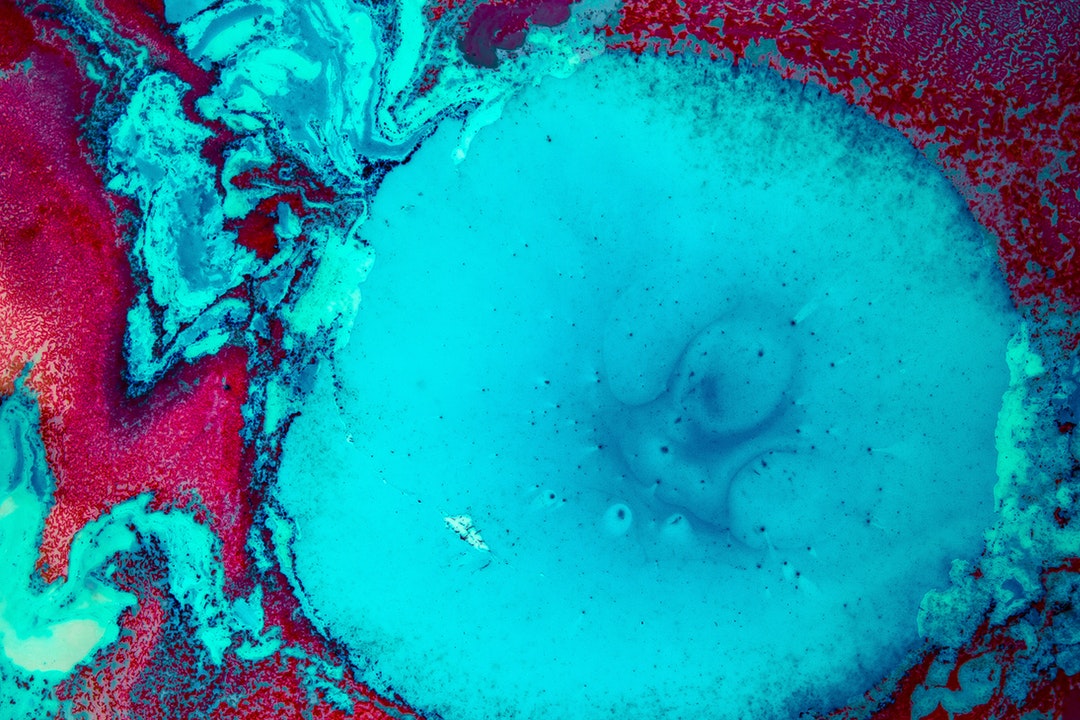Until now, the cancer treatment universe was limited to four modalities, namely Surgery, Radiation, Chemotherapy and Targeted Drug Treatments. Recently, we have witnessed the addition of a fifth front in the battle against cancer, called Immunotherapy.

In Immunotherapy, scientists have been trying to develop ways to train the human immune system to fight and kill cancer cells, just like they kill germs in milder disorders such as the common cold. This technique of harnessing the immune system is called “Adaptive Cell Transfer” or ACT.
CAR T-Cell Therapies have emerged as the most promising form of Immunotherapy.
What are CAR T-cell Therapies?
When we get sick with the common cold, our immune system attacks the infectious germs and kills them, effectively curing us. What is at work here are a type of cells present in our blood called T-cells. T-cells have the unique ability to identify affected cells, latch on to them and kill them. For a long time, cancer researchers have wondered if it’s possible to train our immune system to kill cancer cells the same way, and effectively become cancer-free. This field of study, titled ‘Immunotherapy’ has been widely researched, and Chimeric Antigen Receptor (CAR) T-Cell Therapies are one of the most exciting advancements in this field.
In a CAR T-cell therapy, a patient’s T-cells are genetically engineered, so that they attach themselves to cancer cells and kill them. More specifically, such T-cells are extracted from the patient’s own blood. These cells are then engineered in a lab to identify specific proteins (or antigens) present within cancer cells, and then these cells are injected back into the patient’s bloodstream.
Many scientists refer to CAR T-Cell Therapies as ‘Living Drugs’ because they constantly attach cancer cells, thereby reducing the rates of recurrence/relapse significantly.
The National Cancer Institute recently issued a simple graphical representation of such therapies on their Twitter feed:
What is CAR T-cell therapy? It involves changing a patient’s immune cells in the lab so they’ll attack cancer cells https://t.co/V8BAGQ6pyv pic.twitter.com/LhvlwkGeIM
— National Cancer Institute (@theNCI) October 31, 2017
Additionally, the Dana-Farber Cancer Institute has published a video explaining how CAR T-Cell Therapies work:
Current Status of Car T-Cell Therapies
The use of Car T-cell therapies has been limited to clinical trials so far. In these trials, many patients in advanced stages of cancer have experienced positive effects. Many such trials involved patients suffering from advanced ALL (Acute Lymphoblastic Leukemia) with limited treatment options. Most patients experienced 100% remission, and many of them remained in remission for prolonged periods of time.Similar promising results have been observed in the case of lymphoma patients. For patients with ALL, the first line of treatment is usually chemotherapy, followed by a bone marrow transplant. But if the cancer relapses, the treatment options get increasingly thin, close to none. CAR T-cell Therapies act as breakthrough treatments in such cases. So far, the clinical trials have shown positive results. In a trial conducted at the Children’s hospital of Philadelphia (CHOP), 27 out of 30 patients, showed all signs of cancer disappear completely.
Latest Developments
- The United States FDA has recently approved CAR T-cell therapies for a subtype of ‘B’ cell Acute Leukemias in children (Kymriah) and another one for refractory ‘B’ cell Lymphomas in adults (Yescarta).
- In another trial conducted on ALL patients at the Memorial Sloan Kettering Cancer center, 14 out of 16 patients demonstrated total recovery, some of them as early as 2 weeks into the treatment.
Potential Side Effects, Toxicity and Management
While the side-effects of such treatments can be life-threatening, the medical fraternity has developed sustainable safeguards against such effects, with supportive treatments. Some of these side effects are listed below:
- Cytokine Release Syndrome (CRS) – CRS may cause high fevers, low blood pressure or poor lung oxygenation. Some patients experience delirium, confusion and seizure while undergoing treatment. Such symptoms typically appear within the first week of treatment, and are usually reversible.
- Tumour Lysis Syndrome (TLS) – TLS includes a group of metabolic complications that can occur due to the breakdown of dying cells, usually at the onset of toxic cancer treatments. However, TLS can occur a month or more after CAR T-cell therapy. TLS can be a life-threatening complication arising from any treatment that causes cancer cells to break down, including CAR T-cells. This complication has been managed by standard supportive therapy.
- B-cell Aplasia – Since T-cells are targeted against surface receptors of B-cells, the normal B-cells also get dystroyed by them. However, no significant or long term side effects have been recorded.
In addition to these side effects, ScienceDirect.com has published a summary of various clinical trials conducted in the field, highlighting their effectiveness in hematologic disorders as compared to results in cases of solid tumors.
For solid tumours, there are a few challenges such as higher risk of major complications and a difficult tumour microenvironment for these cells to be effective. But these hurdles are surmountable, and we will eventually witness better results with this revolutionary approach.
-Dr Amit Jotwani (Co-founder, Onco.com and Senior Consultant Oncologist)
What’s Next in CAR T-cell Therapies?
CAR T-cell therapies seem to have a lot of potential, but further research is needed to make them mainstream and available to patients globally. Many labs around the world are currently testing these therapies, not just for blood cancer but also for solid tumors such as pancreatic and brain cancers. Given the amount of interest the field has generated among researchers worldwide, it is likely that the next decade will be transformative in defining the cancer treatment paradigm.
References:
1. LLS.org – Article on Chimeric Antigen Receptor T-Cell Therapies
2. ESMO.org – The Evolving Field Of CAR T-Cell Therapies
3. Nature.com – CAR T-Cell Therapies Journal
4. Cancer.gov – The National Cancer Institute’s take on CAR T-Cell Therapies
4. ScienceDirect.com – Toxicity & Management in CAR T-Cell Therapy


